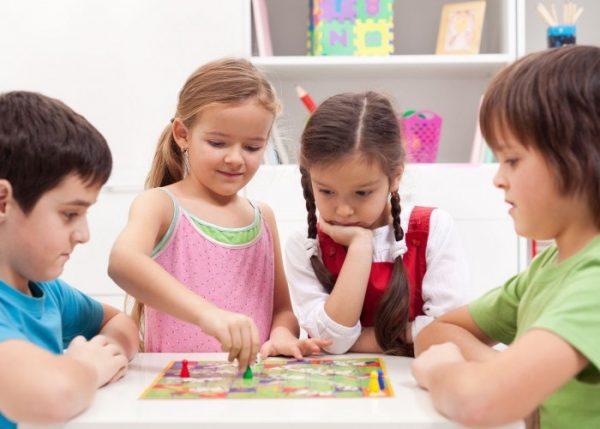Age 6 Development – Self Care Skills
Self-Care skills are daily tasks done in order to be ready to perform the actions that will be needed in life (daily dressing, eating, cleaning teeth and other actions). Often these are referred to as activities of daily living. While these actions are mostly supported by their parents in young children, their children are expected to become independent in this regard as they get older.
Organization is about the ability to determine what actions you should take, when and how. Part of organization is understanding the necessities of action. Organization is an important skill required to perform daily routines, complete self-care acts and academic tasks.
Developmental Stage
- He puts on his own clothes.
- Performs morning routines at school (putting her bag in the right place, changing her reading book, putting her water bottle in the right place).
- It feeds on itself without difficulty.
- Expresses his feelings.
- He opens the lunchbox, zips up the bags, and puts the food back in his bag.
- Sit in line, follow teacher’s instructions, do simple in-class activities on their own.
- Recognizes different clothing patterns, seams and labels.
- It tries to cope with busy and noisy environments.
- It begins to determine its own sleep pattern.
- She prepares her bag and other belongings with help before going to school.
Possible Situations Encountered When It Doesn’t Progress
- Socialization may be difficult.
- May experience delays in gaming skills.
- There may be poor attention and concentration.
- May have difficulty following directions at home or school.
- May have difficulty performing routines.
- May have difficulty expressing thoughts and ideas verbally and in writing.
- May be easily distracted and have difficulty sitting still.
- May have trouble consuming foods with different ingredients (e.g. being picky about food).
- He may have weakness in adapting to society.
- Delay in fine motor skills may occur.
- May have difficulty coping with noisy environments.
- May have difficulty with self-care skills such as dressing, feeding and needing the toilet
